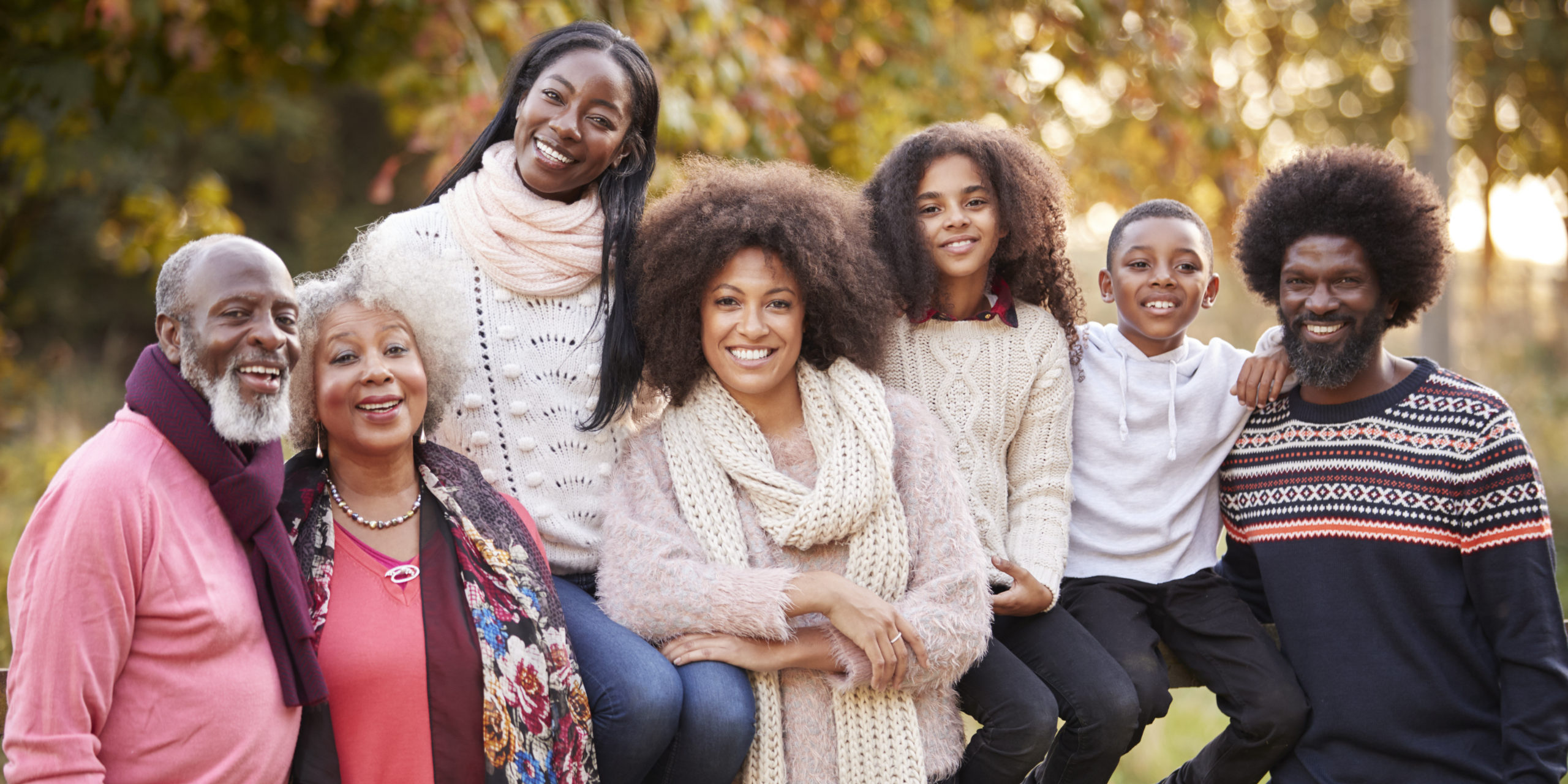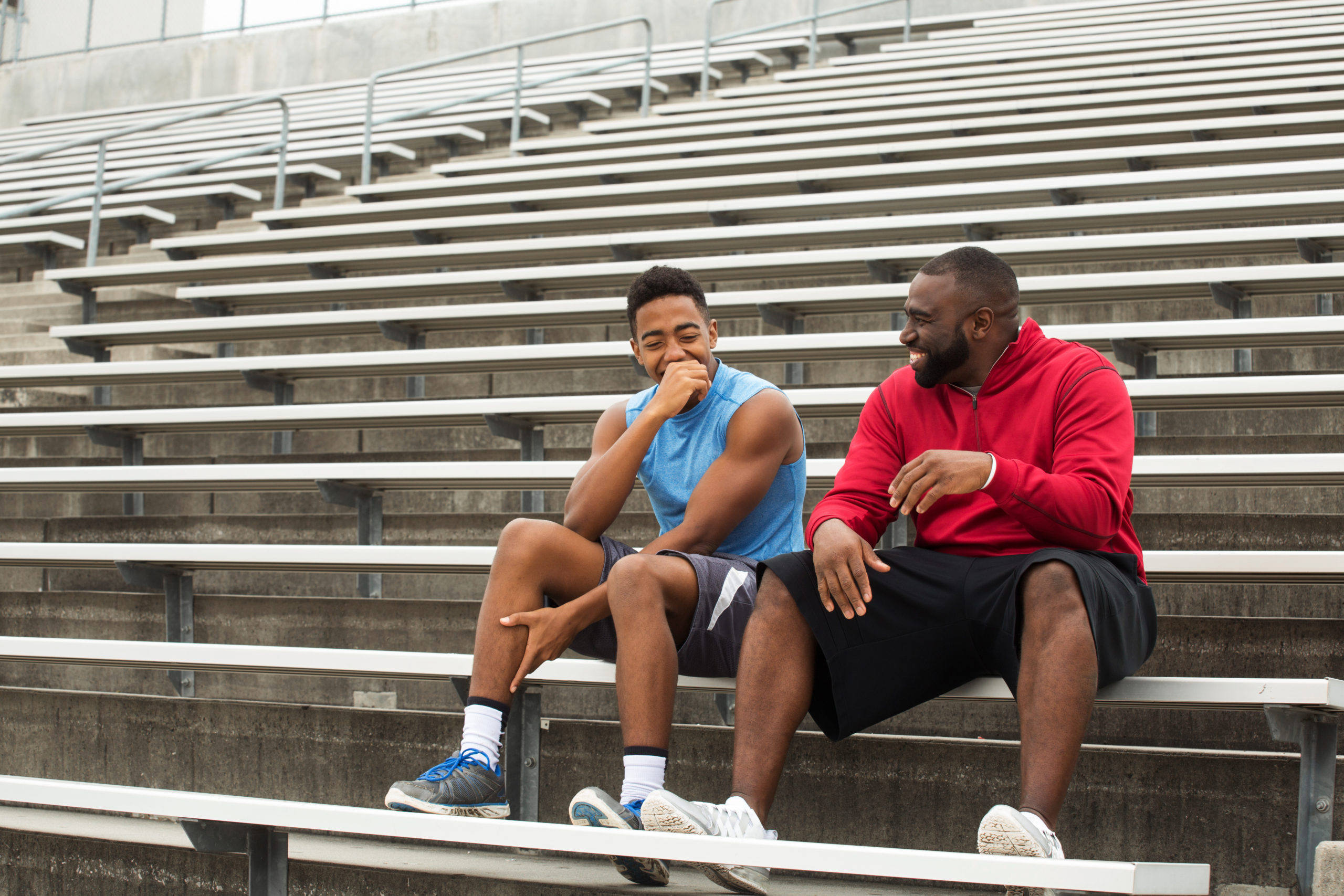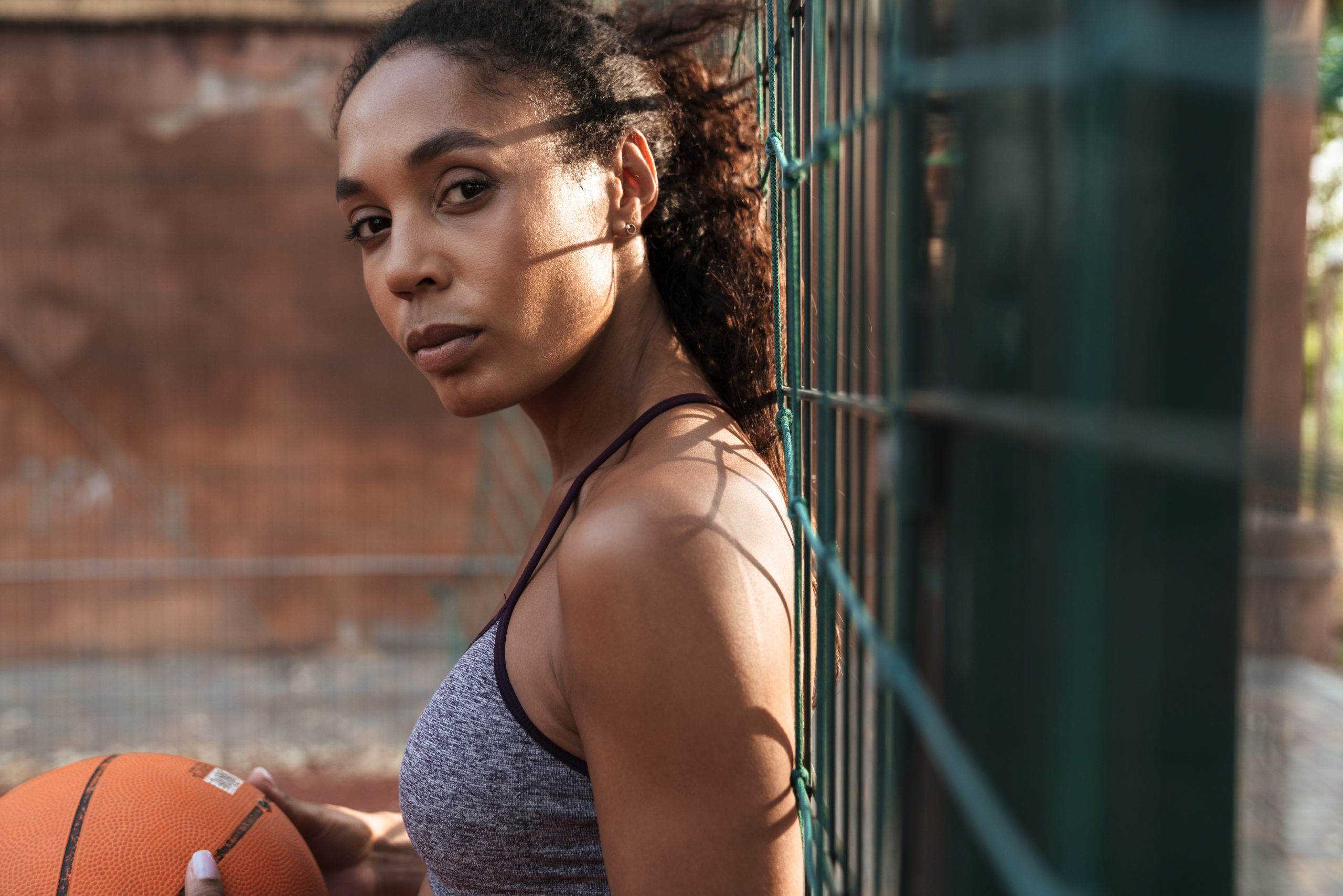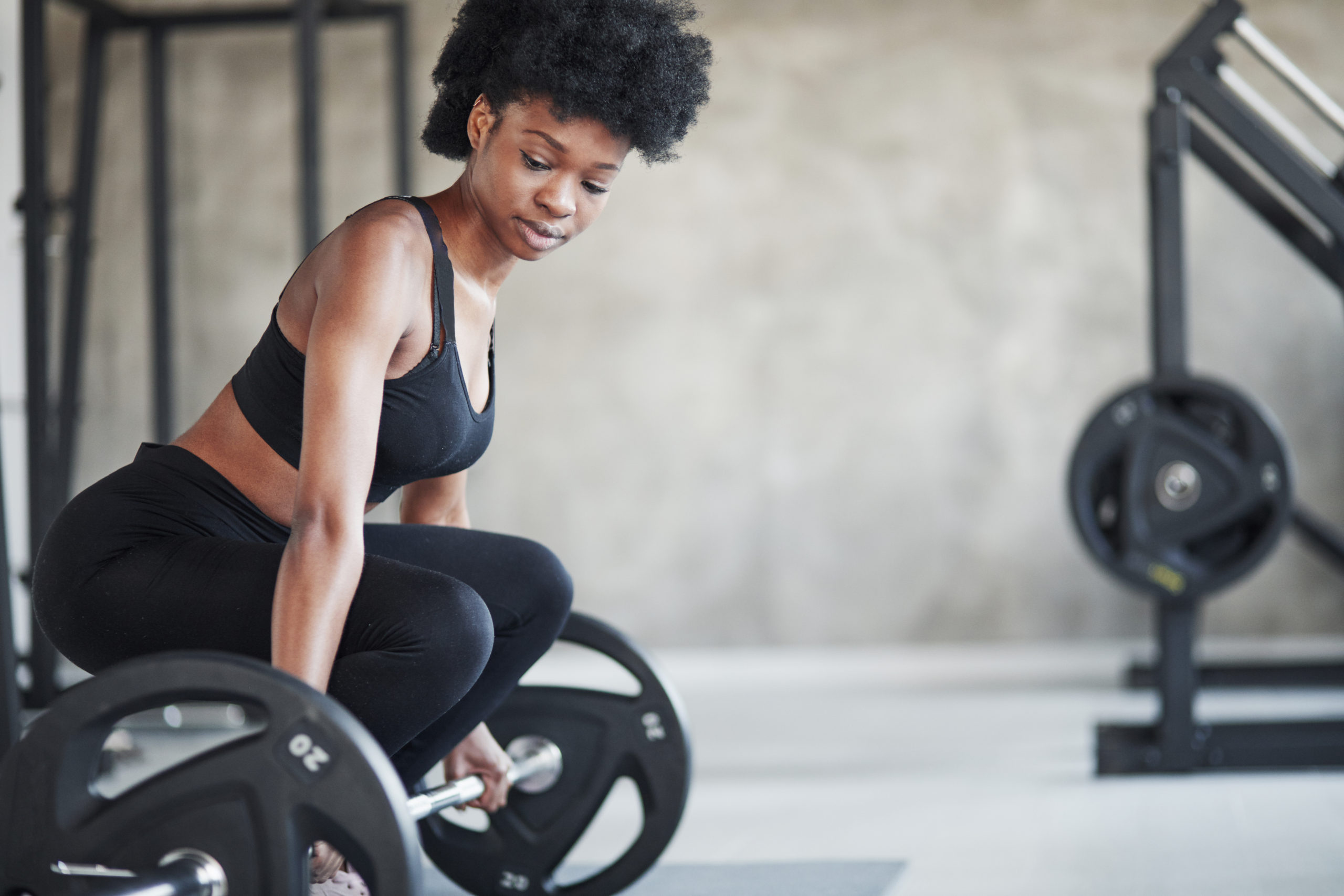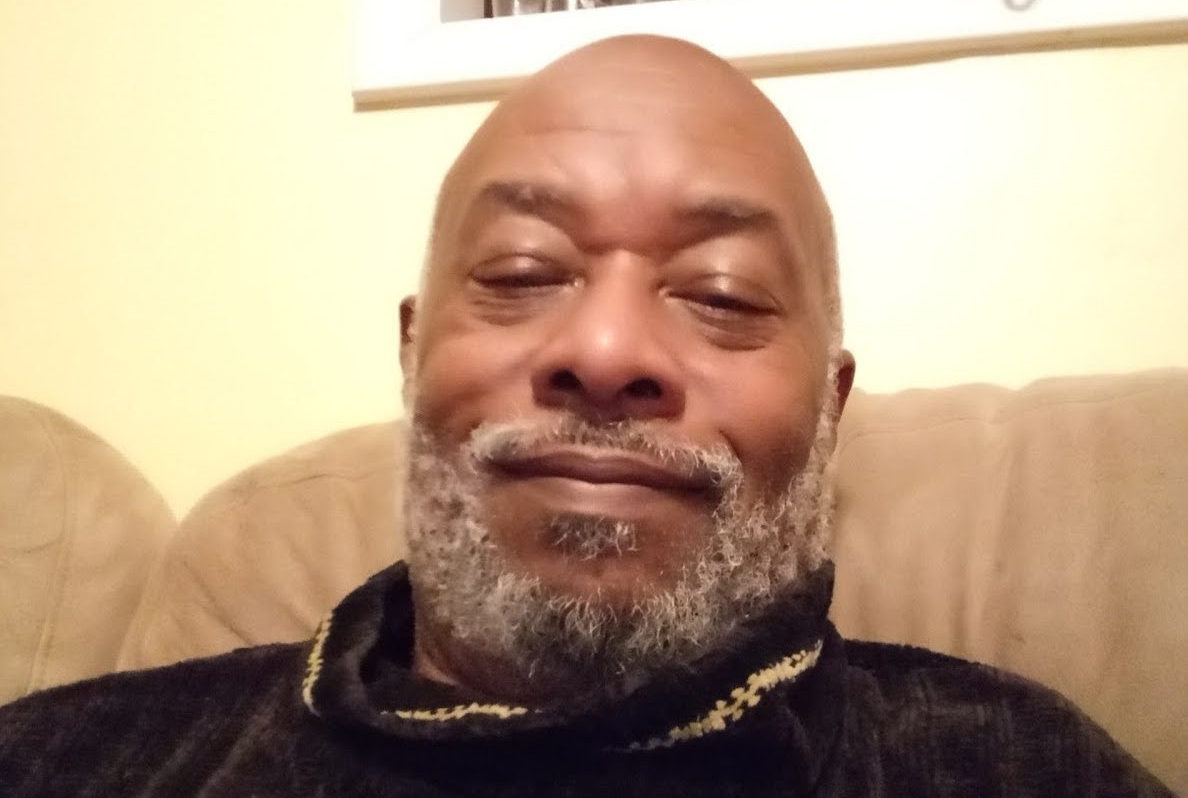Black Americans are twice as likely to die from COVID-19 as white people. How can we combat the devastating effects of this pandemic on our communities? How can the HBCU family lead our people to greater wellness?
While the coronavirus pandemic is global, for each of us it is personal. I’m scared I’ll die of COVID-19. I’m over 60 years old with pre-existing health conditions.
The other day, I went to the convenience store. From outside the window, I ticked off the customers: 14. Too many.
A middle-aged woman sneezed into her elbow. A young man coughed. No one had a face mask on and I couldn’t see any “social distancing.” To me, it looked like chaos.
But I needed to eat. As two men exited the store, I adjusted my face mask and strode in. Feeling anxious, I rapidly gathered my meal and left.
I want to be brutally honest: there’s nothing uniquely Black about my health history. I own the choices I’ve made. But experiences like mine are more likely in the African American community.
When I was 17, my Mom was diagnosed with kidney failure. She was a single parent and my everything. To cope, I drank almost every weekend. By 21, I had ulcers.
I worked the night shift for several years. I couldn’t sleep during the day. I barely slept. I got divorced at 45. My blood pressure was high. And I didn’t follow the doctor’s orders for my first blood pressure prescription.
I didn’t have health insurance. So I avoided doctors. When I found myself in the hospital, the “no insurance” note on my form shifted discussions from “Perhaps we should test” to “I think we’ve done enough.”
And so now I stand in front of the convenience store, hoping customers will leave to reduce my risk of COVID-19 infection.
I share this current fear of coronavirus with many — but especially African Americans.
Black people are twice as likely to die from COVID-19. Inequalities are deeply woven into our socio-economic structures and our healthcare. Blacks in the US experience more illness, worse outcomes, and premature death. This divide in healthcare has far-ranging causes.
For example, in the 1930s, African Americans were used as “controls” in the government’s Tuskegee Syphilis Study. Hundreds of infected Black men were studied without treatment and dozens died horribly. Other unethical tests by major American universities continued into the 1990s.
Today, few African Americans participate in healthcare research, which means we are less likely to receive targeted care. This is especially relevant in the context of COVID-19.
Medical experts say that African American participation in the vaccine trial is critical. If the vaccine’s efficacy depends on genetics or culture, it may not work as well on Black people without their help.
A number of leaders and institutions are stepping forward. Dr. John Maupin, former president of Meharry Medical College and Morehouse School of Medicine, reports that several HBCUs are working to “form a consortium focused on ‘culturally sensitive care.’”
Others are actively recruiting Blacks for vaccine trials. Calecia Hodges, CEO of Infinite Clinical Trials, persuades Black people to participate in “exemplary model[s] of how clinical trials should be conducted.” Hodges said the heartbreaking reasons for not participating are “tough to overcome.”
Last year, the American Medical Association hired Dr. Aletha Maybank as its first Chief Health Equity Officer. About how best to support African American involvement in healthcare, Maybanks said, “It’s building a relationship. That’s how you build trust.”
Here is where you and I and Heritage Sports come in. HSRN is the voice of HBCU sports. The millions of HBCU alumni in our community play essential roles in thousands of neighborhoods and organizations. We can all make a difference in helping combat COVID-19.
I urge you to take action. To implement meaningful change, we need aligned action on several fronts across our community.
-
Contact Calecia Hodges at Infinite Clinical Trials to support African American participation in our care.
-
Provide your expertise, if you’re in medical or scientific fields, and facilitate community conversation.
-
Support Black students in medicine and sciences to increase our presence in healthcare.
-
Engage with your family, friends, and neighbors to promote our voices in rebuilding a healthcare system deserving trust.
And listen to Heritage Sports (HSRN.com).
For over 15 years, we’ve covered HBCU sports and critical discussions, including those about community wellness, education, and business.
In what ways do you think the HBCU community can contribute to the fight against COVID-19? How can we help deliver a healthier next generation? And how can I offer you the most impactful HSRN programming? Hit reply and share your ideas.
Thomas Hill
Program Director


